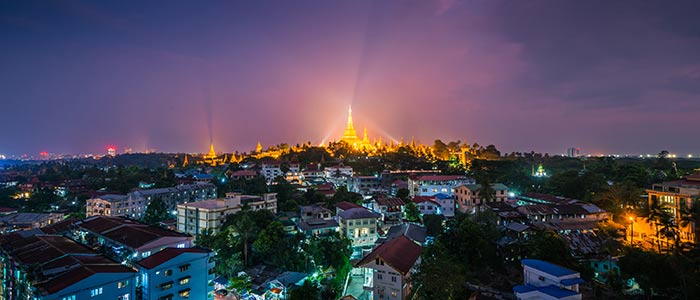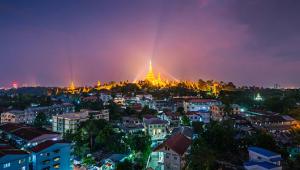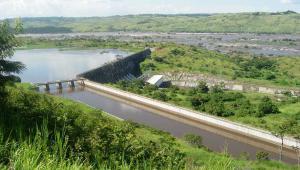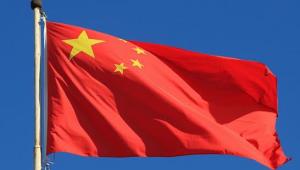Web_Yangon_shutterstock_307750499.jpg

Yangon, Myanmar at night
The Environmental Impact Procedure specifies the type and scope of environmental assessments required for all investment projects that could cause environmental and social harm.
Thet Thet Zin, deputy minister of environmental conservation and forestry, said the process will help Myanmar achieve sustainable development and prevent any adverse affects of development projects.
The government also announced environmental quality guidelines to minimise levels of air, noise and water pollution.
Winfried Wicklein, ADB country director in Myanmar, said its Environmental Impact Assessment Procedure and environmental guidelines reflect the government’s progress in putting in place laws, regulations and processes to manage its economy in a more environmentally friendly and sustainable fashion.
He said the ADB, which helped develop both the procedure and guidelines, is very pleased to be supporting Myanmar in achieving this and will continue to help it build its environmental safeguards system to international standards.
Last week, Myanmar’s government also announced a new national energy policy, also developed with assistance from the ADB, which will guide the development of the country’s energy sector.
The southeast-Asian nation has been scaling up its energy sector since sanctions imposed on its military Junta were lifted in 2011. Investments and developments however have been slow as the government worked to reform itself, the way Myanmar does business and its crumbling energy infrastructure.
The new national energy policy, announced last week, also aims to identify and exploit potential energy resources that will have the least environmental and social impact.
It plans to utilise renewable energy sources from wind to bio fuels on a wider scale and promote energy efficiency and conservation.
As well as renewable and geothermal sources, Myanmar’s is rich with oil and gas and in 2014 Myanmar awarded 20 blocks for oil and gas exploration to oil firms in a landmark step for its energy sector.
Other points of the plan include the promotion of the private sector and the privatisation of state energy companies, to establish a research and development centre and to promote international collaboration in the country’s energy sector.













